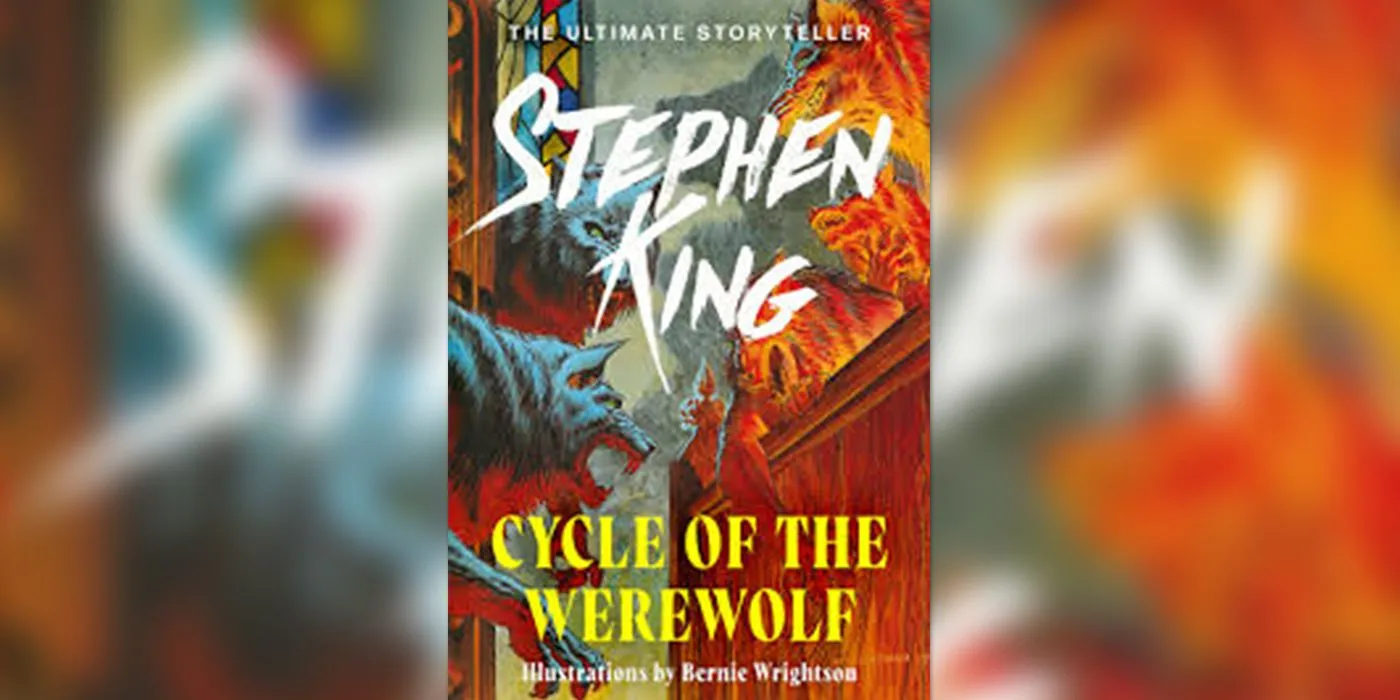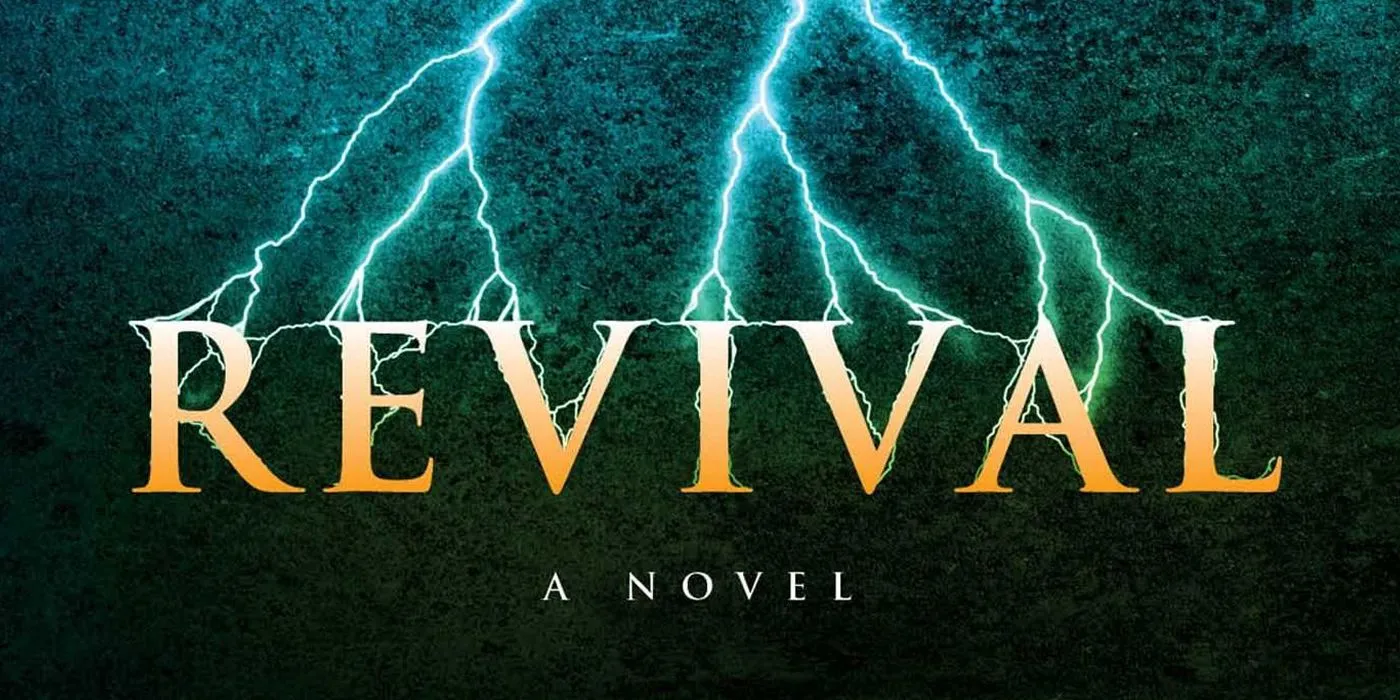For those who consider themselves aficionados of Stephen King, there’s a strong possibility that not every one of his numerous works has crossed their path. With nearly 70 novels, several non-fiction works, and an impressive array of short stories, even the most ardent fans may not have explored all of his writing. This extensive library includes beloved classics and hidden gems that often remain overlooked.
Many casual readers are familiar with his iconic titles like The Stand, It, and Misery, but a significant portion of his nuanced and unconventional works is frequently underappreciated. To truly embrace the mantle of a die-hard King fan—or a self-proclaimed Constant Reader—consider adding the following selections to your reading list.
5 On Writing
1999

While Stephen King is best known for his gripping fiction, his non-fiction work, particularly On Writing, deserves recognition. This book serves as both a memoir and a practical guide for aspiring writers, though many may hesitate to pick it up if they’re primarily drawn to his fictional narratives.
In On Writing, King candidly discusses his struggles with substance abuse, the evolution of his career, and offers invaluable insights into his creative process. Whether you’re interested in writing or simply wish to delve deeper into King’s psyche, this book is an essential read.
4 Thinner
1984

Though Stephen King was unmasked as Richard Bachman long ago, many younger readers have yet to explore the works he released under this pen name. Among these titles, Thinner stands out for its unique blend of horror and morality, telling the story of a lawyer who inadvertently kills a Romani woman, leading to a weight-loss curse that spirals out of control.
This gripping tale is both a cautionary narrative and a noteworthy example of King’s ability to delve into the darker aspects of human nature. As the novel is integral to understanding King’s earlier style, it earns its place on any dedicated reader’s shelf.
3 Lisey’s Story
2006

Despite the divided opinions on King’s works from the late ’90s to the early ’00s, Lisey’s Story deserves a special mention. Written following a life-altering accident, this novel reflects King’s most autobiographical themes, exploring love, loss, and the fragility of life. The character of Lisey draws heavily from his wife, Tabitha, highlighting the couple’s deep bond.
This heartfelt narrative, inspired by King’s own near-death experience, is a poignant tribute to marriage and the struggles he faced as a writer. It invites readers to explore the layers of intimacy and resilience that King expresses through his storytelling.
2 Cycle of the Werewolf
1983

In Cycle of the Werewolf, King approaches classic lore to craft a chilling tale steeped in the supernatural. This novella explores one town’s harrowing encounters with a werewolf and is cleverly structured with each chapter standing alone as a short story.
Though it may remain overshadowed by some of King’s other works from that era, this creative piece showcases his experimenting with format while still delivering his trademark blend of suspense and horror. The book inspired the film adaptation, Silver Bullet, which features a script written by King himself, further cementing its importance in his oeuvre.
1 Revival
2014

Though relatively recent, Revival marks a significant moment in King’s narrative evolution. This novel embodies the key themes and styles that have characterized his extensive career, weaving together elements of horror and philosophical inquiry reminiscent of literary greats like Mary Shelley and H.P. Lovecraft.
As a slow-burn narrative punctuated by moments of chilling dread, Revival stands as a testament to King’s enduring literary mastery. It explores the boundaries of life, death, and the consequences of ambition, making it a compelling addition to King’s impressive bibliography.


